Congratulations to RBAC. RBAC is one of five compelling projects across King County as the latest to receive a grant through Seattle Foundation’s Engagement Pipeline, which supports leadership development within communities to increase their influence and mobilize positive change. As part of SeaFoundation’s broader Vibrant Democracy Initiative, this program strengthens the voice and participation of underrepresented communities to create more equitable systems.
Focused on increasing the pool of diverse leaders in the greater Seattle region, these grants are designed to meet communities where they are, amplify their proven practices, and take their development to the next level. These three-year grants ranged from $70,000 to $110,000 in annual support for each effort. During this period, grantees also receive technical assistance and peer learning support, positioning them to work in partnership to strengthen their individual and collective work.
This year’s grantees represent the second cohort of the Engagement Pipeline grant program; the first cohort was selected in 2017. The 2019 cohort includes organizations building leadership among diverse communities, including survivors of violence, queer and trans people of color, black youth, Muslim women, and homeless individuals. The organizations provide programming that meets the unique needs of their participants, many using trauma-informed healing, wellbeing, and asset-based approaches to move participants along the leadership continuum.
More than 75 applicants submitted Letters of Interest and 13 were asked to submit final proposals. RBAC’s funding ($110,000) will support the leadership development of 60 African American young adults transitioning into adulthood (YATTA) through “YATTA Rising,” a system-change project focused on public safety and shifting Seattle Police Department’s South Precinct relations in Rainier Beach. Rainier Valley Corps is the fiscal sponsor.
X’s. RBAC is thrilled to be in a cohort with the following grantees..
Alphabet Alliance of Color: $100,000
Alphabet Alliance of Color (AAoC) is an alliance of Queer & Trans Black, Indigenous, and People of Color (QTBIPOC) organizations and individuals. The alliance brings together the leadership of more than 10 organizations that occupy the intersections of multiple identities and thus bring a unique lens to strategizing against the violence of racism, transphobia, homophobia, and other forms of economic violence. This funding will enable AAoC to launch the Alphabet Summer Institute also known as “Alphabet Camp,” training 50 participants through intergenerational approaches that pools together the knowledge and stories of people from all ages. Currently, the Alphabet Alliance of Color is a project housed under the Queer Network Program at APIChaya.
Community Justice Project: $100,000
The Community Justice Project aims to reduce harm caused by violence and mass incarceration by building effective, trauma-informed healing responses that reflect restorative justice principles. The project will build leadership of the most marginalized crime survivors and incarcerated individuals to lead movements for safety and liberation. This grant funds the “Healing 2 Action” project investing in the leadership of 50 participants who have survived crime and/or incarceration. Public Defender Association is the fiscal sponsor.
Eat With Muslims: $100,000
Eat With Muslims counters Islamophobia and negative stereotyping of Muslims by building bridges and creating opportunity for cross-faith and cultural learning. Eat With Muslims will expand on their community dinners with the “Muslimahs with a Platform” project. This project will build leadership among 32 Muslim women through the tools of storytelling, videography, and leadership and advocacy training. West African Community Council is the fiscal sponsor.
Real Change Homeless Empowerment Project: $71,000
Real Change provides opportunity and a voice for low-income and homeless people through jobs, journalism and advocacy. The Engagement Pipeline will grow the Vendor Organizing Committee from eight to 14 participants, equipping them with leadership skills to directly impact decisions around economic and housing inequity. Leaders will organize 12 action campaigns, mobilize the community, and work together to create a more caring and informed response to homelessness and poverty.
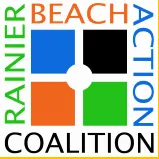
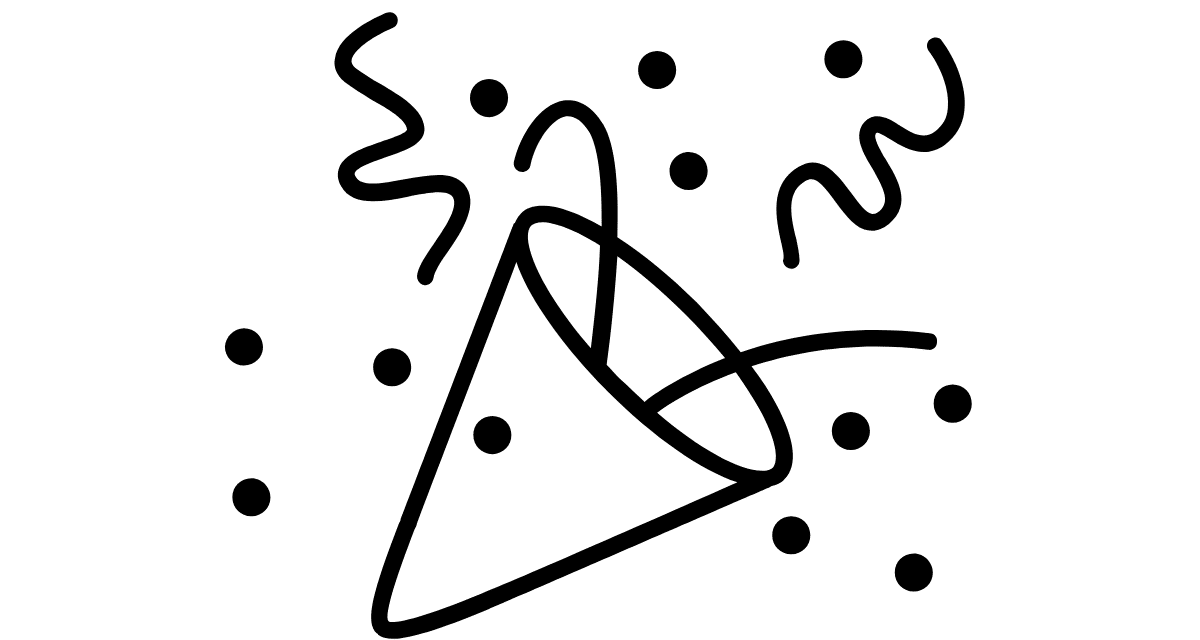



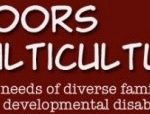

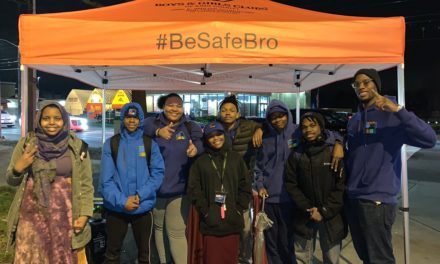
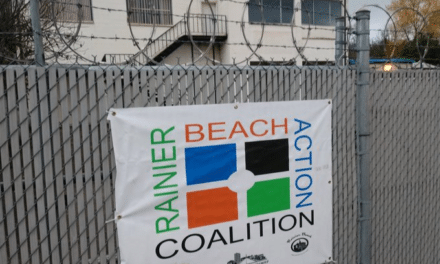
I would like to be added to the “”eat with Muslims” mailing list. I live on Rainier and Rose (next to the Ethiopian Comm Ctr)!)
Hi Cindy, we will forward your interest to them. Standy.